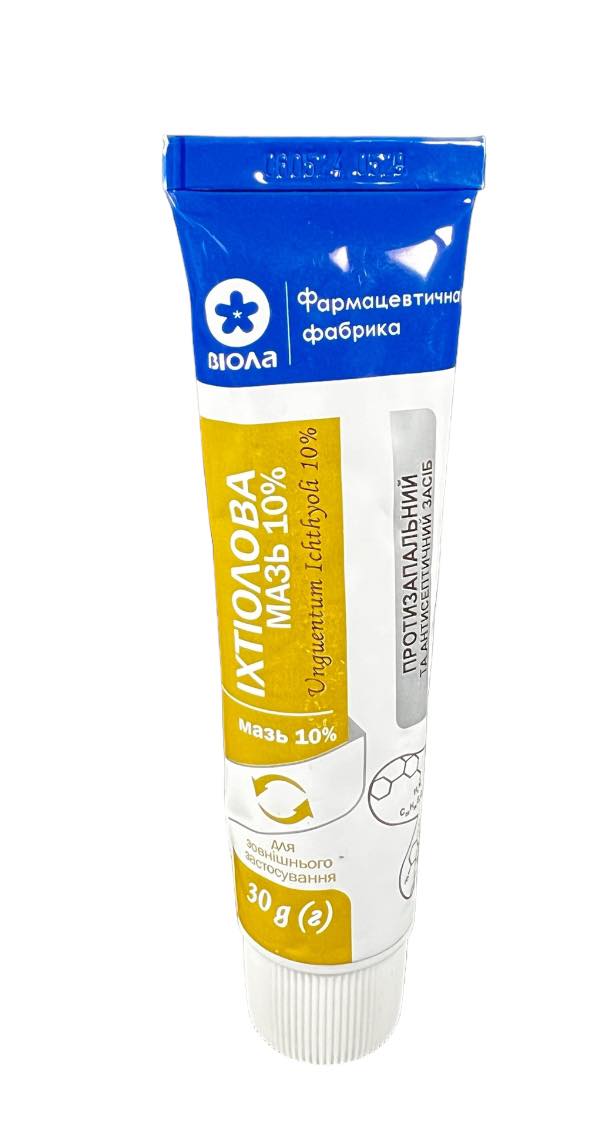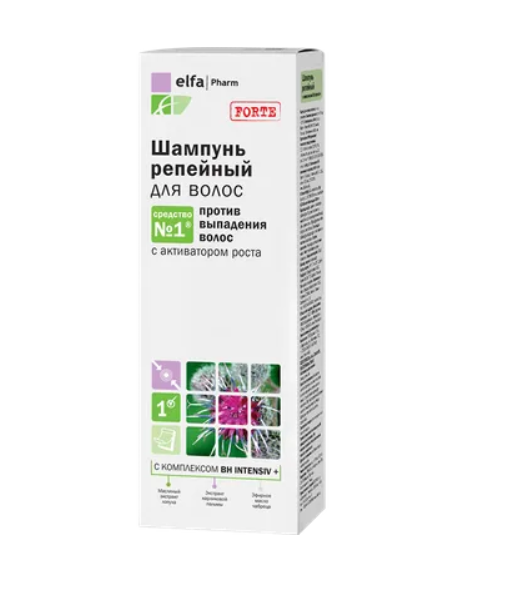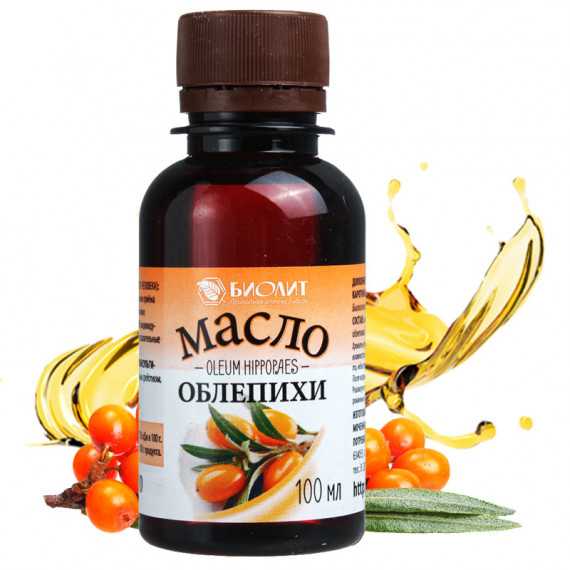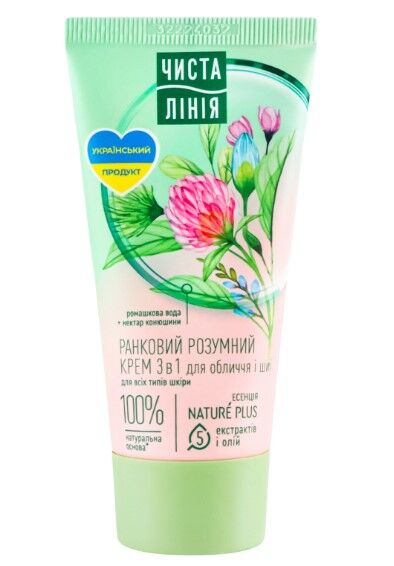Pharmacological action
The remedy is of vegetable origin.
The root of marshmallow contains vegetable mucus (up to 35%), asparagine, betaine, pectin substances, starch.
It has a coating, emollient, expectorant, anti-inflammatory effect.
Plant mucus covers the mucous membranes with a thin layer that remains on the surface for a long time and protects them from irritation.
As a result, the inflammatory process is reduced and spontaneous tissue regeneration is facilitated.
When acting on the mucous membrane of the stomach the protective effect of the film of plant mucus is longer and more effective the higher the acidity of the gastric juice (viscosity of plant mucus increases in contact with hydrochloric acid).
Testimony
Respiratory diseases (including laryngitis, tracheitis, bronchitis, bronchial asthma), gastritis, gastric ulcer and duodenal ulcer.
Contraindications
Side effects
Allergic reactions possible.
Interaction
Mucaltin can be prescribed simultaneously with other drugs used in the treatment of bronchopulmonary diseases.
Mucaltin should not be used simultaneously with drugs containing codeine and other anti-cough medicines, as this makes it difficult to expectorate diluted sputum.
How to take, course of treatment and dosage
Inside 1-2 tablets before meals 3 times a day.
The average course of treatment is 7-14 days.
For children, you can dissolve a tablet in 1/3 cup of warm water.
Destination
Composition
- the active ingredient:
- marshmallow herb extract (mucaltin) – 50.0 mg;
- excipients:
- tartaric acid – 43.25 mg,
- calcium phosphate 2-substituted anhydrous (calcium hydrophosphate anhydrous) – 179.75 mg,
- crospovidone (crospovidone SL-M) – 21.0 mg,
- povidone (polyvinylpyrrolidone low molecular weight medical, povidone K 17) – 3.0 mg,
- calcium stearate – 3.0 mg.








Reviews
There are no reviews yet.